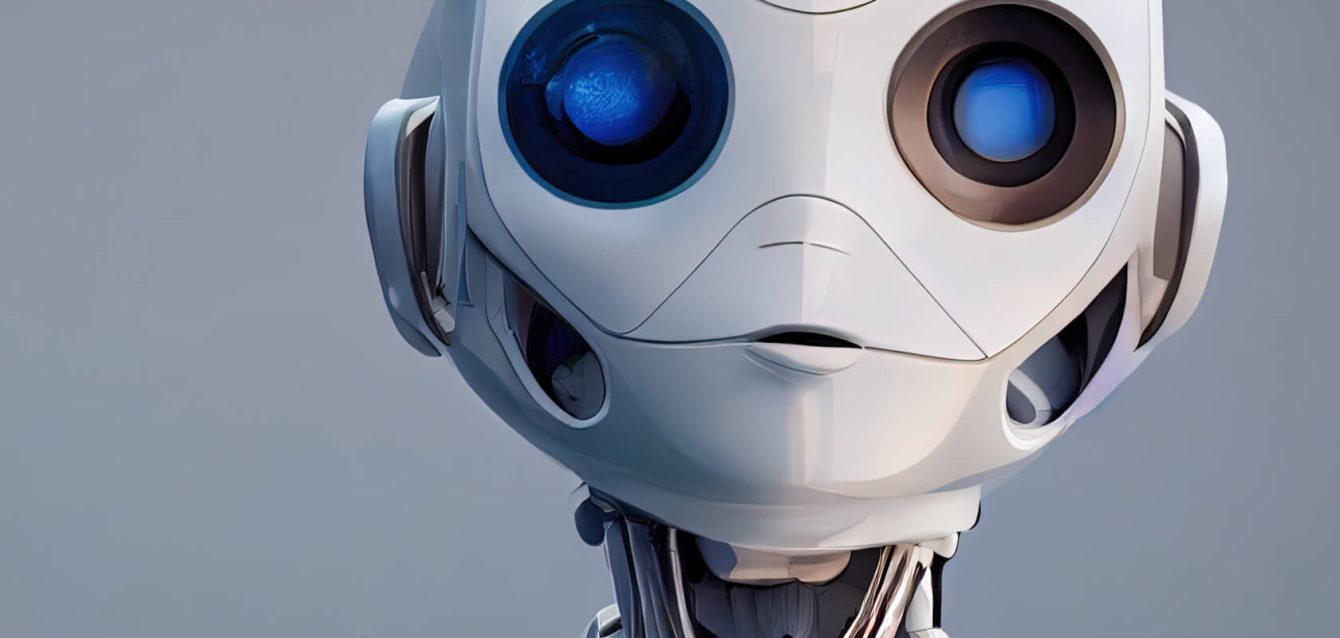The development history of Artificial Intelligence (AI) is a journey spanning decades, transforming from theoretical explorations to a core branch of modern technology. Here is a brief overview of AI’s development history:
Early Explorations (1940-1956)
- 1943: Warren McCulloch and Walter Pitts publish the first model of an analog neural network.
- 1950: Alan Turing introduces the famous “Turing Test” as a method for evaluating machine intelligence.
- 1956: John McCarthy, Marvin Minsky, Nathan Rochester, and Claude Shannon coin the term “artificial intelligence” at the Dartmouth Conference.
The “Golden Age” and the First AI Winter (1956-1974)
- This period saw the initial research and development of AI, including early attempts at expert systems and machine learning.
- However, due to the gap between high expectations and actual results, funding and interest began to wane, leading to the first AI winter.
Second AI Winter (1974-1980)
- Technical and theoretical limitations, along with insufficient computing power, caused AI research to fall into a slump once again.
Revival and Scale-Up (1980-2011)
- The 1980s marked a revival with the commercial success of expert systems and increased computing power.
- 1997: IBM’s Deep Blue defeats chess champion Garry Kasparov, marking a significant milestone.
- In the 2000s, the rise of the internet and big data led to AI technology being used in a wide range of industries.
The Rise of Modern AI (2011-present)
- 2011: IBM’s Watson showcases the potential of machine learning and natural language processing by defeating human contestants on the show Jeopardy!.
- The development of deep learning, particularly breakthroughs in convolutional neural networks for image and speech recognition, has significantly advanced AI technology.
- AI is now widely used in fields such as self-driving cars, medical diagnostics, financial services, and customer service, continuously evolving toward more advanced cognitive functions.
The development of AI is a journey filled with ups and downs, marked by technological advances, theoretical breakthroughs, and changing market demands. Today, AI is in a stage of rapid development, with its potential and applications broader than ever before. Finopta brings you closer to AI!




